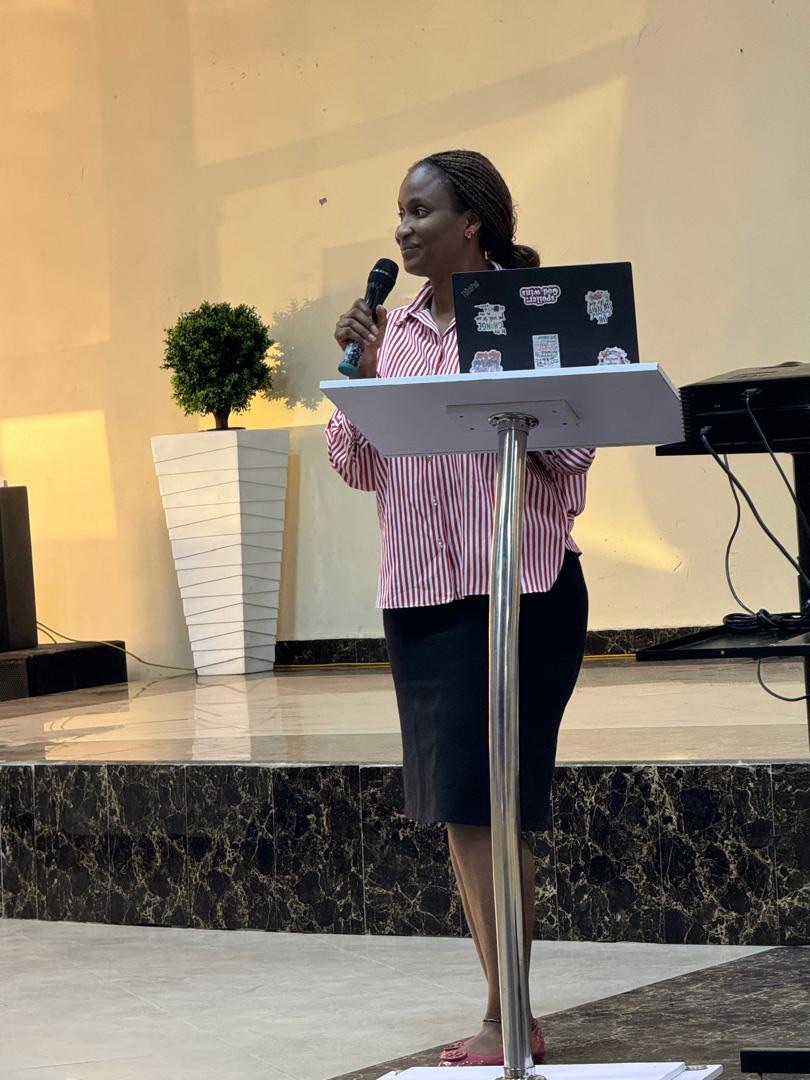…sets to roll out vaccinations in 21 states
By Rotimi Idris
The United Nations Children’s Fund (UNICEF) said over 5,900 death cases of Human Papillomavirus (HPV) have been recorded in Nigeria.
The UNICEF health specialist, Dr Ijeoma Agbo stated this while speaking with journalists at a 2-day media dialogue on Human Papillomavirus Vaccine (HPV) held in Lagos State.

Dr. Agbo said the virus is the most prevalent cause of cervical cancer among women which is a malignant tumour of the lower-most part of the uterus.
In their investigation, she said there are 12,000 cases of the virus across the sub-nationals of the country, which are widely disturbing among women.
In her words, “Human Papillomavirus (HPV) is the most prevalent form of causes of cervical cancer in Nigeria and across the world.
“cervical cancer is the fourth most common cancer in women in the world and second among women in Nigeria.

“95% of the cervical cancer are due to HPV, which is a virus that can lead to cancer and Nigeria has been putting efforts to reduce mobility due to HPV so that in the long run, we can reduce incidences of cancer among our women.
“The cervical cancer is only seen in women, it’s part of the reproductive tract. HPV can also cause other conditions around the anogenital tract and it can also lead to genital warts apart from causing cervical cancer.
“In Nigeria, we have recorded about 12,000 cases of HPV and over 5,900 death cases”.
Dr Agbo added that the UNICEF will commence its second phase of vaccination on May 27 in 21 states and will be given to girls between 9 and 14 years of age, alongside persons living with disabilities (PWDs).
“We are bringing primary prevention which is vaccination. This is to ensure that our girls survive and thrive to their full potentials in life. We are promoting that this vaccine should be scaled up among our eligible girls in the country so that in the future, we have a future that is completely devoid of cervical cancer.
“In October 2023, it was rolled out in 16 states and from 27th of May, 2024, it will roll out in the remaining 21 states.”
Dr Agbo attributed challenges of the vaccinations to misinformation, poor access to quality health care services and poverty.
“A lot of information gone out around vaccine and this prevented our girls from getting this important vaccination. HPV Vaccine is safe and effective and it reduces of cervical cancer in our children in the future”.
On her part, UNICEF Social and Behaviour Change Specialist, Aderonke Akinola said rise in technology has facilitated wrong perception of the vaccination.
She said, “Because of the rise in technology, it enables the spread of the rumour to flow easily and because of that, people began to show a bit of distrust to vaccines generally.
“The vaccines are safe, doesn’t affect fertility in women, it doesn’t reduce population. It has been able to eliminate small pulse, limit the spread of measles, Covid-19, among others”.

